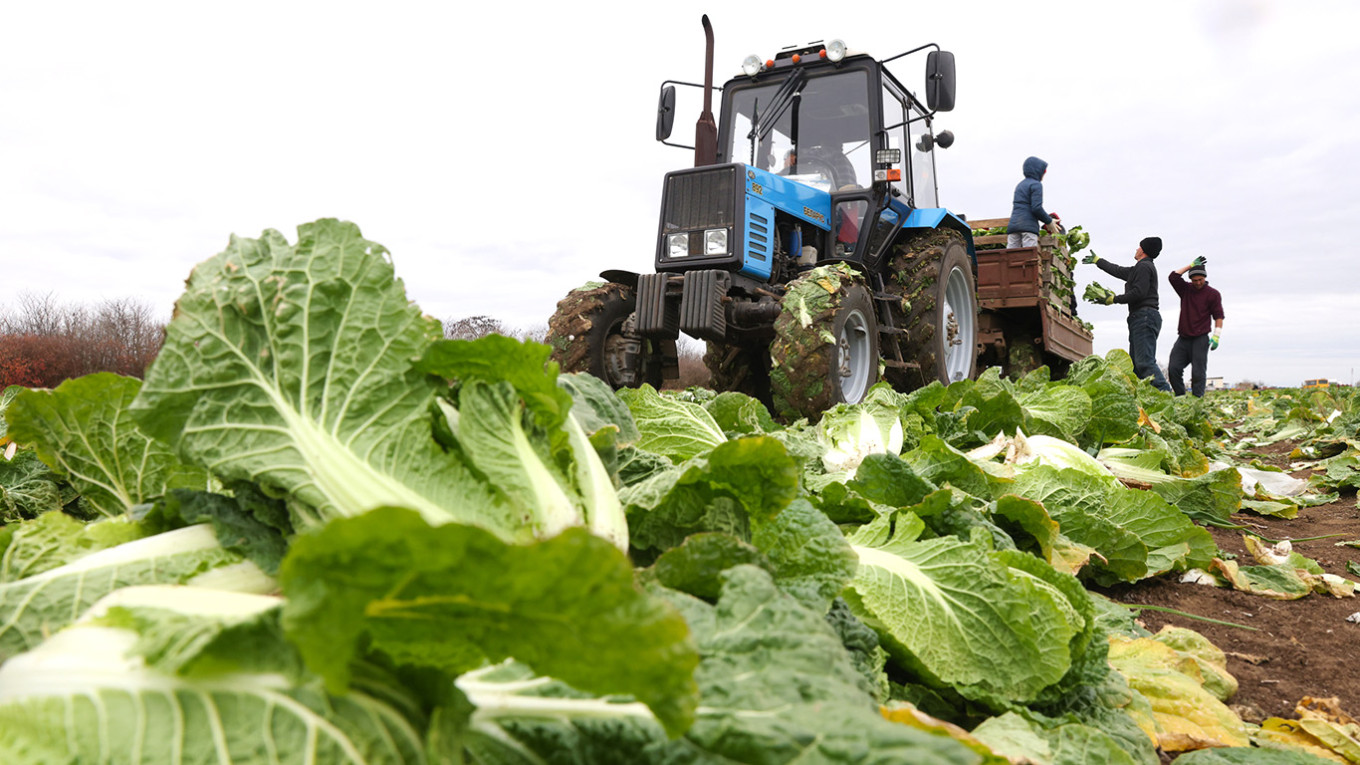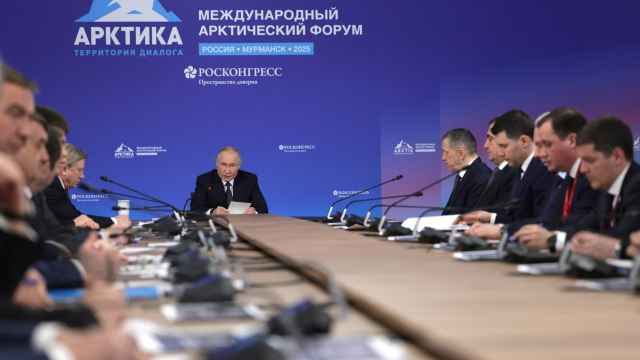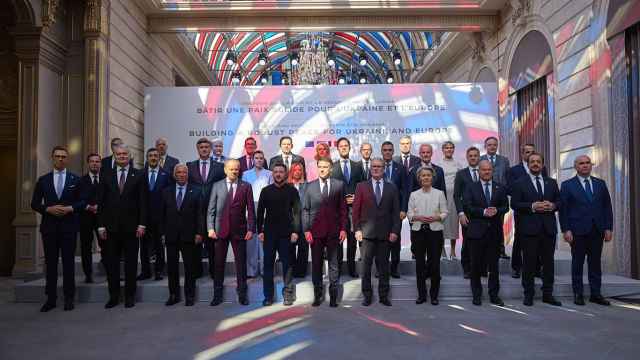Russia’s agricultural harvest came in below expectations in 2024 due to poor weather conditions and supply chain problems, according to the Bank of Finland Institute for Emerging Economies (BOFIT).
Production of key field crops declined to approximately 125 million tons, down 14% from an all-time record harvest of 153-155 million tons of grain in 2023. Wheat output fell to 82 million tons, a 16% decrease, while other crops, including maize, barley and sugar beets, recorded drops of around 20%. Potato production was down by 10%.
Poor weather conditions, limited access to high-quality seeds due to sanctions (Russia used to import all its seed potatoes from Europe), farm machinery and a chronic labor shortage were cited as primary factors behind the decline.
Despite the disappointing harvest, Russia remains self-sufficient in many staple food items. However, to stabilize domestic food prices, the government has imposed restrictions on grain exports. The wheat export quota for spring 2025 is set at less than 11 million tons, a sharp reduction from 29 million tons in 2024, while rice exports are banned entirely until June 2025.
“Export restrictions are critical to ensuring price stability at home but come at a cost to producers,” BOFIT notes, pointing to reduced profitability and the growing reliance on government subsidies. Domestic producers face mounting challenges as export tariffs and price controls hinder investments in seeds, machinery, and storage infrastructure.

An additional regulatory exemption allows grain exported from Russian-occupied areas of Ukraine to be sold to third countries without tariffs, further complicating the market. This measure has drawn scrutiny for separating grain stolen from Ukrainian producers from Russia’s declared grain exports.
Animal husbandry and food production under pressure
The knock-on effects of Russia’s poor harvest have rippled through its agricultural economy, notably impacting its animal husbandry industries. Growth in milk production stagnated by spring 2024, leaving output for the first 11 months of the year flat compared to 2023. Rising costs prompted many dairy farms to curtail butter production in the latter half of the year sending its price in the supermarkets soaring.
Egg production, which had contracted in 2023 due to exploding retail prices, rebounded modestly in the second half of 2024 after government interventions, including price controls, lifting of import restrictions, and support programs for domestic producers.
Meanwhile, foodstuff production growth slowed sharply, falling from a 6% year-on-year increase in the first half of the year to just 1% in the second half, BOFIT reports. November 2024 saw food prices rise 10% y/y, with some items experiencing even steeper hikes. Headline butter prices were up 34% y/y, but anecdotal reports claim the cost of butter has more than doubled, while retail milk and dairy products rose 14%, according to the official statistics.
In response, Russian officials have adopted a mix of measures, including suspending import tariffs on butter, apples, and potatoes until mid-June 2025, and urging local authorities to monitor pricing practices. “These actions aim to temper inflationary pressures and support households,” officials said.
The upshot is that the price rises of several key agricultural and dairy products are running well ahead of consumer price inflation (CPI).
This article was originally published by bne IntelliNews.
A Message from The Moscow Times:
Dear readers,
We are facing unprecedented challenges. Russia's Prosecutor General's Office has designated The Moscow Times as an "undesirable" organization, criminalizing our work and putting our staff at risk of prosecution. This follows our earlier unjust labeling as a "foreign agent."
These actions are direct attempts to silence independent journalism in Russia. The authorities claim our work "discredits the decisions of the Russian leadership." We see things differently: we strive to provide accurate, unbiased reporting on Russia.
We, the journalists of The Moscow Times, refuse to be silenced. But to continue our work, we need your help.
Your support, no matter how small, makes a world of difference. If you can, please support us monthly starting from just $2. It's quick to set up, and every contribution makes a significant impact.
By supporting The Moscow Times, you're defending open, independent journalism in the face of repression. Thank you for standing with us.
Remind me later.






